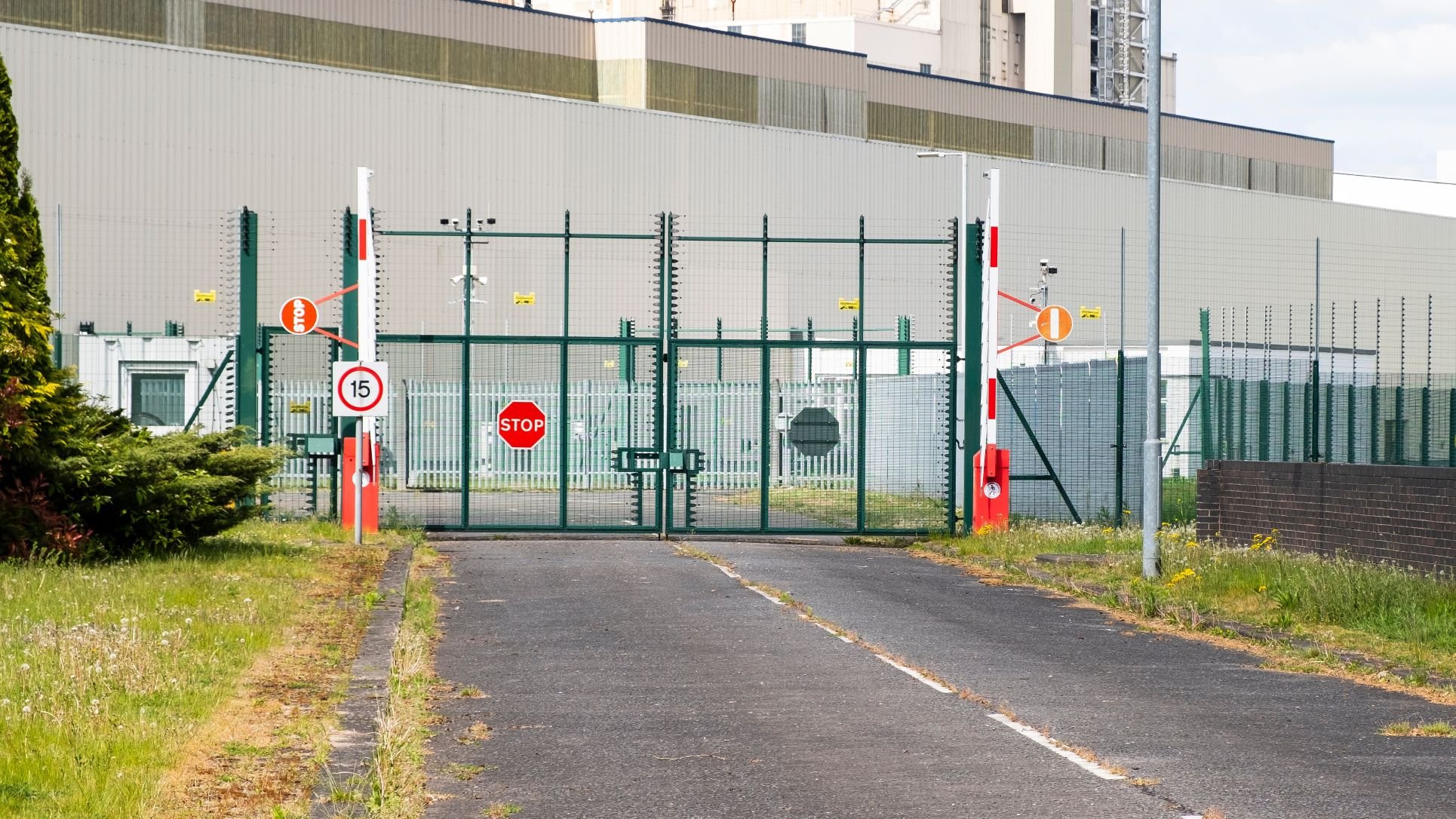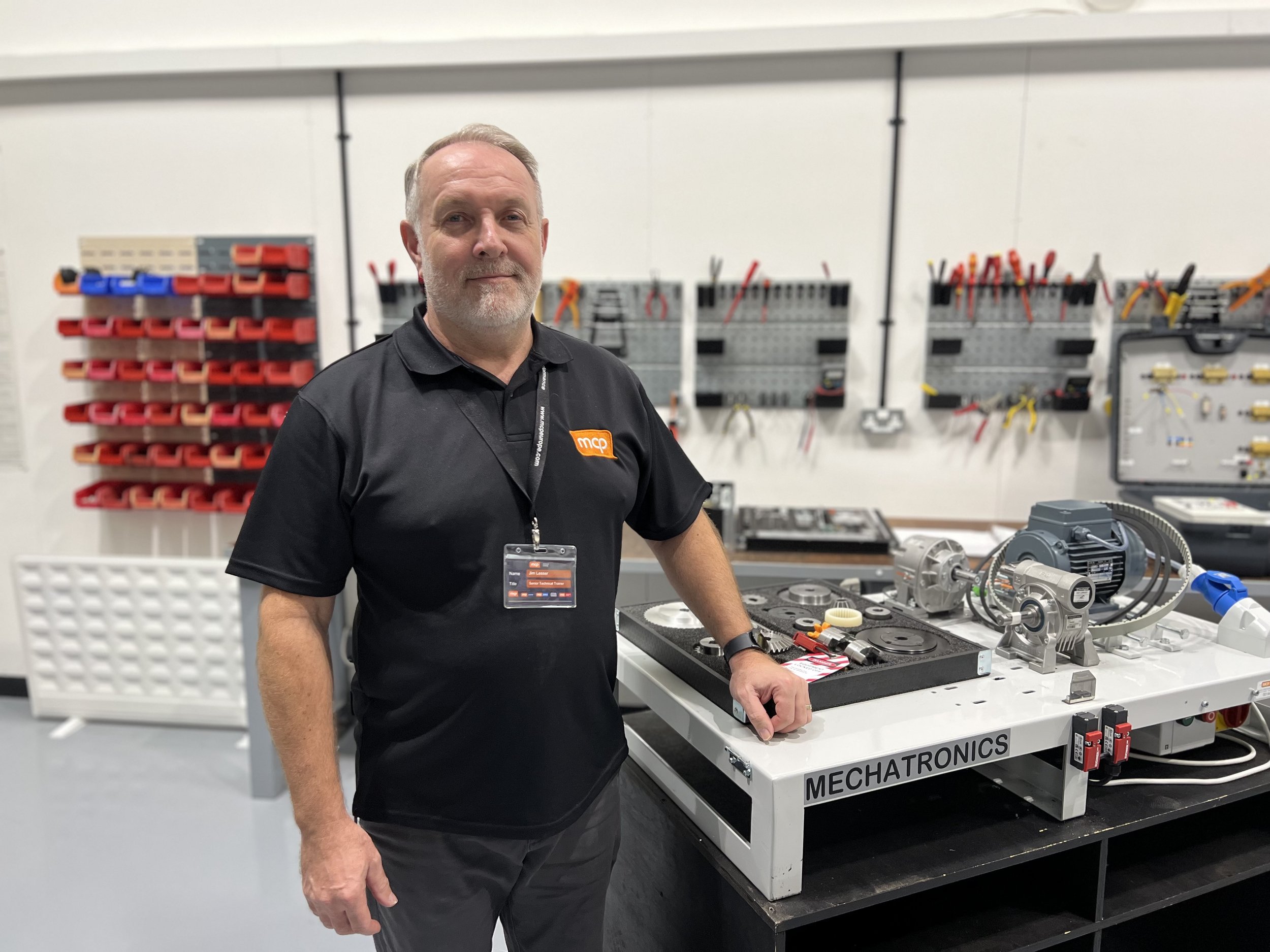Leave Brain at Factory Gate
John Saysell
Why should operators leave their brains at the factory gate?
Written by John Saysell, Head of MCP Technical Training, for Maintenance & Engineering Magazine (Maintenance & Asset Management Journal)
UK PLC is facing an unprecedented engineering skills shortage at a time when improvements to manufacturing productivity are vitally important following Brexit and the war in Ukraine.
In the following article, written by John Saysell, we examine how businesses can safely introduce basic maintenance skills into the operator workforce using the structures of Total Productive Maintenance, Autonomous Maintenance and Operator Asset Care. John’s article also quantifies some of the benefits that can be achieved and lists some of the tasks that companies have successfully transferred to operators.
“In my late teenage years, I really loved cars and car maintenance. Encouraged by my Dad, I had a succession of old bangers, mainly Mini’s and Vauxhall Viva’s.
Back in the 80s there was no limit to what I was prepared to take on; new clutch, new brake shoes and pads, bleeding brakes and swapping engines. Don’t even get me started on the sound systems!
I’d worked really hard on one car, respraying it Bachelor Blue. It went nicely with the black vinyl roof. Then my Dad, much to my horror, told me I needed to give it to my sister who was at university. Caroline needed to take great care of this Vauxhall Viva. I taught her all of the basics such as oil, water and brake fluid checks. Tyre pressures etc. This noise means you need to do such and such… Caroline was the driver, not the mechanic, but the car spent less time off the road because she could spot the early warning signs and drop it back at the family home for me or my Dad to fix it.
The factory floor is no different.
Operators spend days by their machine. They know how it should sound, feel and smell. Many more serious stoppages have been averted because the operator has told the technician about a fluid leak or strange noise. Companies can save many millions of pounds if operators are engaged and carry out routine, low risk maintenance tasks like Cleaning, Inspection, Lubrication and Tightening (CILT). Other tasks might include replacing filters and aligning sensors.
So, I hear you ask, does every factory involve the operators in first line maintenance? Not according to MCP’s AMIS Assessment [1]:
80% have no operator involvement in maintenance.
45% have no formal maintenance training programme.
Many engineering managers have real worries about the age profile of their maintenance workforce and reliance on external contractors. 19.5% [2] of engineers currently working in the UK are due to retire by 2026, leaving a skills, knowledge and experience gap.
Greater operator involvement in high frequency-low risk maintenance tasks can free up valuable maintenance resource time as can training operators to operate their machines more effectively.”
References
[1] AMIS Assessment www.theamisjourney.com
[2] 19.5% of engineers currently working in the UK are due to retire by 2026, leaving a skills, knowledge and experience gap. Engineering Today. The Supply and Demand for Engineers in UK, January 2018.






